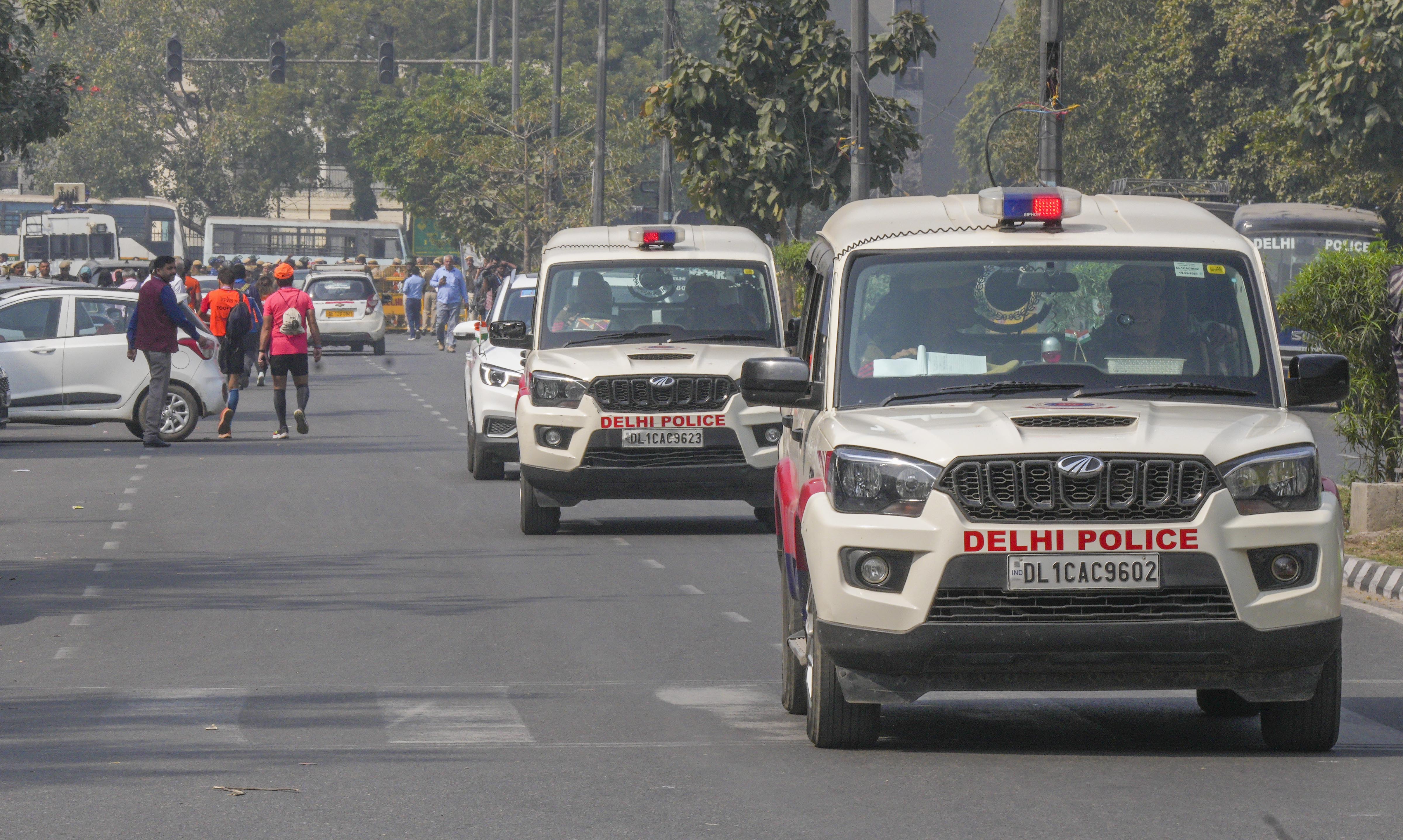Delhi News: Union Home Minister Amit Shah said on Monday that the first FIR u/s of Bharatiya Nyaya Sanhita, 2023, was registered in Madhya Pradesh's Gwalior and not against the street vendor in the national capital. Issuing clarification on the matter, Shah said that the case against the vendor in Delhi was one of the first cases registered in the city under the new laws.
Shah's clarification came hours after an FIR was registered u/s of Bharatiya Nyaya Sanhita, 2023, at Kamla Market PS in Delhi. A case was registered against a street vendor, u/s 285 of Bharatiya Nyaya Sanhita, for obstruction under foot over bridge of New Delhi Railway Station and making sales.
Three new criminal laws will come into effect across India on Monday, replacing colonial-era legislation and ushering in significant reforms in the criminal justice system.
Special CP, Training, Chhaya Sharma said, "Law doesn't function on retrospective effect. So, the law is that the old cases (registered earlier) will be dealt with under IPC and CrPC will be in effect (for those cases). But when new cases are registered from today, 1st July, sections of BNS (Bharatiya Nyaya Sanhita) will be invoked for those...Similarly, the process of investigation that begins today will follow Bharatiya Nagarik Suraksha Sanhita (BNSS), and not CrPC...Old cases will be dealt with under old sections - CrPC and IPC. New cases will be dealt with sections of Bharatiya Nyaya Sanhita (BNS), the Bharatiya Nagarik Suraksha Sanhita (BNSS)."
The Bharatiya Nyaya Sanhita, Bharatiya Nagarik Suraksha Sanhita, and Bharatiya Sakshya Adhiniyam will supersede the Indian Penal Code, Code of Criminal Procedure, and the Indian Evidence Act, respectively. The new laws aim to modernise India's justice system, incorporating provisions such as Zero FIR, online registration of police complaints, and electronic summonses.
"These laws have been crafted to address contemporary social realities and crimes, ensuring mechanisms that reflect the ideals enshrined in our Constitution," official sources told news agency PTI.
Union Home Minister Amit Shah emphasised the focus on justice over penal action. "These laws are made by Indians, for Indians, and by an Indian Parliament, marking the end of colonial criminal justice laws," he said. Shah highlighted that the changes are more than just a renaming exercise. "The soul, body, and spirit of the new laws are Indian," he remarked.
Key reforms include mandatory videography of crime scenes for heinous crimes. The new law entails that judgments in criminal cases be delivered within 45 days of trial completion, and charges must be framed within 60 days of the first hearing.


